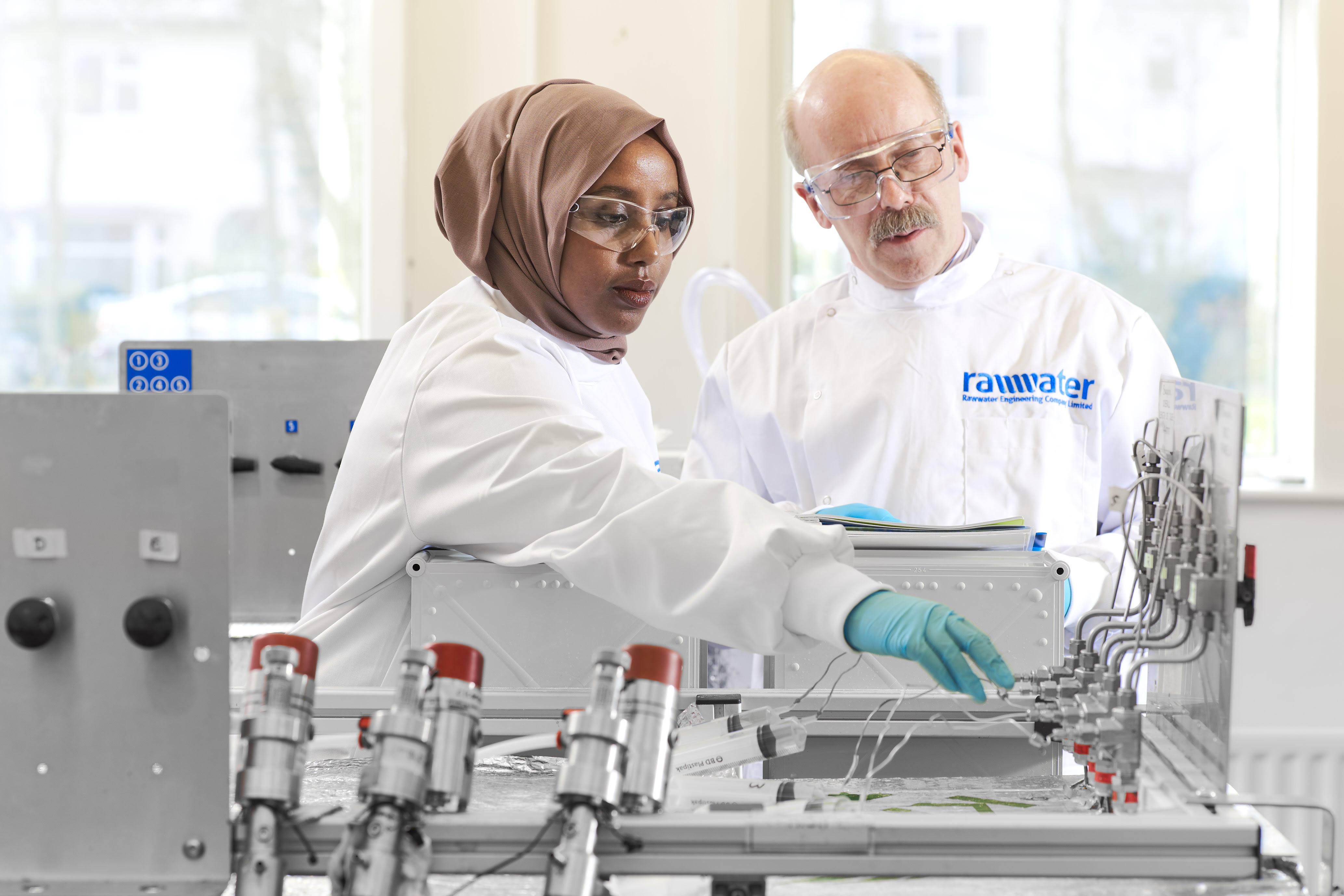Rawwater, the UK-based specialists in oilfield reservoir souring simulation and forecasting have amassed the equivalent of 500 years’ worth of oilfield souring data. This landmark figure was achieved on 27 December 2020 at the company’s pressurised bioreactor facility and further extends what was already believed to be the world’s largest oilfield reservoir souring dataset. The result of no fewer than 14 years of pressurised bioreactor studies, the data held by Rawwater is relevant to oil operators around the globe.
Oilfield reservoir souring causes corrosion of topsides’ equipment, is a health risk to personnel, increases the cost of production and, therefore, reduces oil revenues. Souring occurs when hydrogen sulfide (H2S) is generated in oilfield reservoirs. Sulfate-reducing microorganisms – typically introduced through the injection of seawater to maintain pressure during secondary recovery operations – are a main cause of H2S.
Cost-effective Mitigation Strategies
“Understanding if, when and to what extent an oilfield reservoir will sour is essential for cost-effective facilities management,” comments Rawwater Senior Project Officer, Matt Streets. “By operating specially designed crude oil-wetted bioreactors at pressures and temperatures that simulate near wellbore and deep reservoir conditions in water-flooded reservoirs, we are able to identify whether or not microbiological activity will lead to the creation of sufficient levels of hydrogen sulfide to cause souring and, if so, advise on the most appropriate mitigation strategies.”
Highly Advanced Pressurised Bioreactor Facility
Rawwater operates what is widely considered to be the world’s most advanced facility to study and evaluate microbiological souring in simulated reservoir conditions, where as many as 85 pressurised bioreactor columns, ranging from 25 cm to four metres in length are in daily operation. Bioreactor operating conditions range from atmospheric pressure to 12,000psig, at temperatures from five degrees centigrade to just below the boiling point of water. Souring studies, including large-scale R&D joint industry projects (JIPs) and single client studies, have lasted from a matter of weeks to a number of years, and have been run using field water and oil samples from major assets around the globe. The data harvested by Rawwater is truly unique in that it covers the complete range of operating conditions, including accurate chemistries at pressure and temperature.
Prior to the creation of Rawwater’s first pressurised bioreactor suite, tests surrounding oilfield microbiology were largely conducted using simple sand and seawater ‘bottle tests’ or through the use of ‘up-flow’ sand packs at atmospheric pressure. Such tests, however, could not be used to draw accurate comparisons with actual downhole field conditions and biological activity, and could lead to inadequate or even unnecessary – and costly – chemical dosing.
Understanding the Effect of Pressure and Temperature
In 2003, Rawwater began running a number of pressurised bioreactors as part of an anaerobic corrosion study to establish whether particular dissolved gases could support microbiological growth. The success of the study was such that it was recognised that the process could be used to investigate the effect of pressure and temperature on oilfield microbiology. With the cost of oilfield reservoir souring control rumoured to consume as much as a third of typical production budgets, considerable interest was shown by oil majors and chemical service companies globally to develop this research tool further. This led to the birth of the ‘Seriatim’ series of work into oilfield souring and in excess of $10 million in funding for Rawwater to create its pressurised bioreactor dataset.
Rawwater’s pressurised bioreactor studies are also used to feed into the organisation’s DynamicTVS© oilfield reservoir souring forecasting model. A predictive software tool that has been developed over many years, DynamicTVS© provides valuable insight into whether or not an oilfield reservoir will sour and, if so, to what degree. DynamicTVS© uses operational, planning and survey data to generate future profiles of hydrogen sulfide in all fluid phases.


